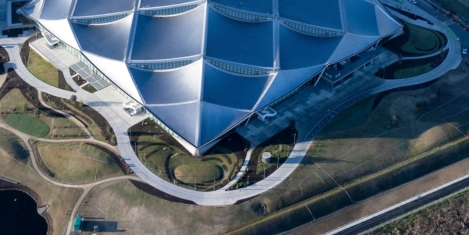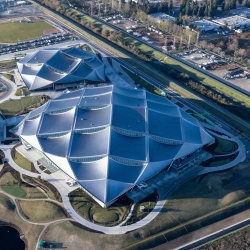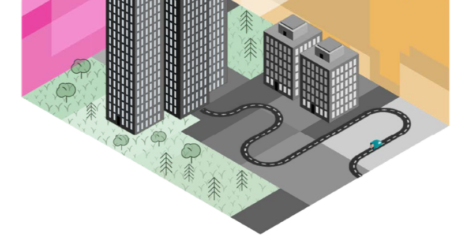To provide the best experiences, we use technologies like cookies to store and/or access device information. Consenting to these technologies will allow us to process data such as browsing behaviour or unique IDs on this site. Not consenting or withdrawing consent, may adversely affect certain features and functions.
The technical storage or access is strictly necessary for the legitimate purpose of enabling the use of a specific service explicitly requested by the subscriber or user, or for the sole purpose of carrying out the transmission of a communication over an electronic communications network.
The technical storage or access is necessary for the legitimate purpose of storing preferences that are not requested by the subscriber or user.
The technical storage or access that is used exclusively for statistical purposes.
The technical storage or access that is used exclusively for anonymous statistical purposes. Without a subpoena, voluntary compliance on the part of your Internet Service Provider, or additional records from a third party, information stored or retrieved for this purpose alone cannot usually be used to identify you.
The technical storage or access is required to create user profiles to send advertising, or to track the user on a website or across several websites for similar marketing purposes.
 The World Green Building Council (WorldGBC) has launched a new policy plan for the European Union to accelerate progress on decarbonising buildings and construction, one of the most heavily emitting sectors in the world. Developed with the support of a coalition of over 35 leading industry bodies through WorldGBC’s flagship BuildingLife project, the EU Policy Roadmap claims to be the first of its kind in Europe to address the whole life carbon impact of the built environment with the aim of creating climate neutral buildings. (more…)
The World Green Building Council (WorldGBC) has launched a new policy plan for the European Union to accelerate progress on decarbonising buildings and construction, one of the most heavily emitting sectors in the world. Developed with the support of a coalition of over 35 leading industry bodies through WorldGBC’s flagship BuildingLife project, the EU Policy Roadmap claims to be the first of its kind in Europe to address the whole life carbon impact of the built environment with the aim of creating climate neutral buildings. (more…)




















 Six London workplaces have been recognised at the annual British Council for Offices’ (BCO) Regional Awards. The London Awards Lunch returned in-person to the London Hilton on Park Lane, recognising the highest quality developments in London and setting the standard for excellence in the office sector across the UK. The winning workplaces include: 80 Charlotte Street (Commercial Workplace); Plumtree Court, 25 Shoe Lane (Corporate Workplace); Dojo, The Brunel Building, 2 Canalside Walk (Fit Out of Workplace); ASOS HQ, Greater London House, 180 Hampstead Road (Refurbished/Recycled Workplace); Pennybank , 33-35 St John’s Square (Projects up to 1,500m sq. ); 1 Triton, 1 Triton Square, Regent’s Place (Innovation)
Six London workplaces have been recognised at the annual British Council for Offices’ (BCO) Regional Awards. The London Awards Lunch returned in-person to the London Hilton on Park Lane, recognising the highest quality developments in London and setting the standard for excellence in the office sector across the UK. The winning workplaces include: 80 Charlotte Street (Commercial Workplace); Plumtree Court, 25 Shoe Lane (Corporate Workplace); Dojo, The Brunel Building, 2 Canalside Walk (Fit Out of Workplace); ASOS HQ, Greater London House, 180 Hampstead Road (Refurbished/Recycled Workplace); Pennybank , 33-35 St John’s Square (Projects up to 1,500m sq. ); 1 Triton, 1 Triton Square, Regent’s Place (Innovation) 














May 12, 2022
ESG ambitions should top organisational agendas
by Siobhan Byrnes • Comment, Environment, Wellbeing